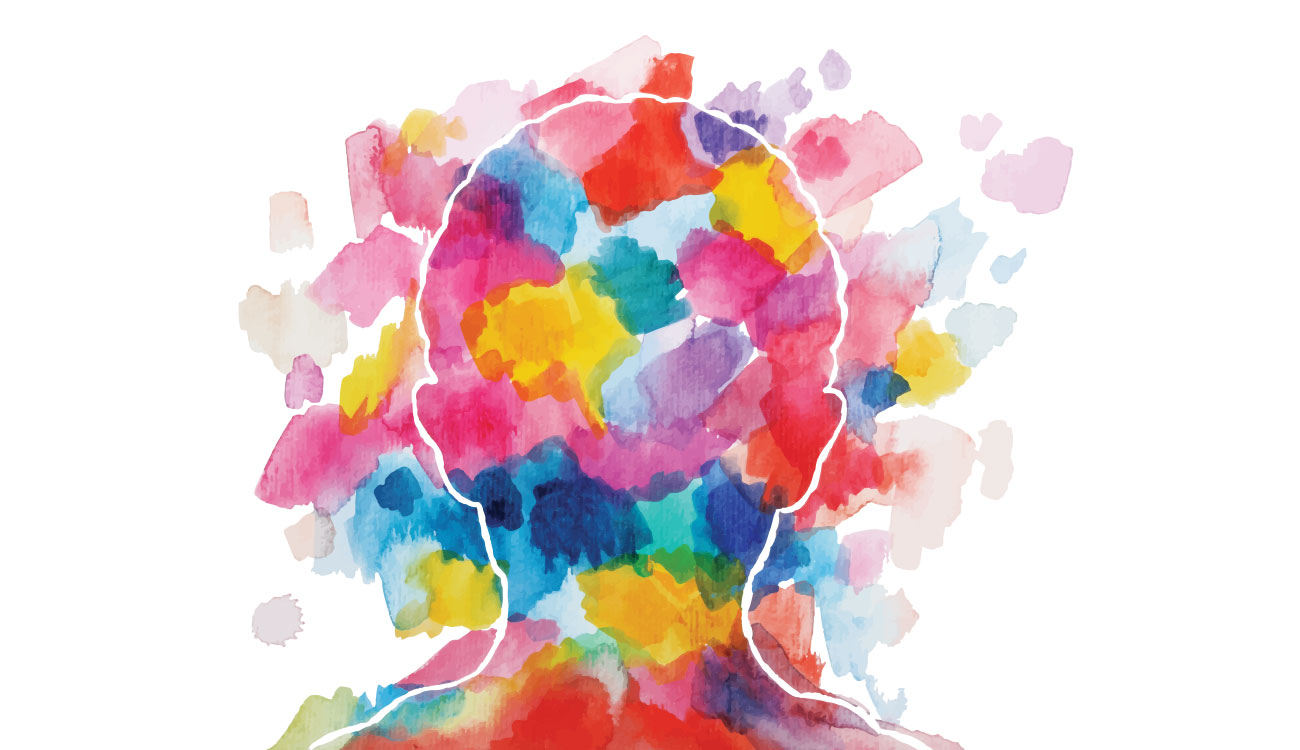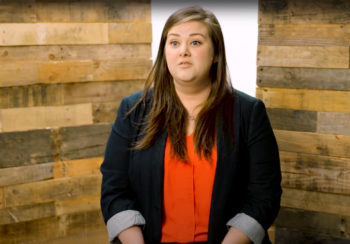Ron Simons (left) and Lei are colleagues in UGA’s Department of Sociology, and both conduct research through the university’s Center for Family Research and the Center on Biological Embedding of Social Events and Relationships. (Photo by Andrew Davis Tucker)
Childhood trauma tips the scale
It was research into weight loss that inadvertently jump-started new inquiries about how childhood experiences get under the skin. In the 1980s, Dr. Vincent Felitti conducted research using a liquid diet treatment to help severely obese patients lose weight. The treatment helped some patients lose up to 300 pounds in a year, but then some quit and gained back all the weight. Follow-up questioning revealed that some patients had been sexually abused during childhood, and Felitti started to wonder if having a difficult childhood could affect health in ways that weren’t immediately obvious.
In the 1990s, he and Dr. Rob Anda developed the ACE (Adverse Childhood Experiences) questionnaire and conducted a study to assess how tough childhood experiences might affect adult health. The survey asked 10 yes-or-no questions to determine if certain experiences had happened before a patient’s 18th birthday, including physical or emotional abuse; losing a parent to death, divorce or incarceration; and sexual abuse. Each answer of “yes” was assigned one point, and the results revealed that there were higher incidences of conditions including cancer, addiction, diabetes and stroke among people with high ACE scores.
Though Felitti and Anda initially had trouble getting their work published, the study caused a lot of researchers to become curious about how childhood experiences could have repercussions that show up later in life, according to Beach.
“We’re used to thinking of shorter time frames between something happening and having an effect, but it looked like these effects were happening over a pretty long time period,” he said. “It got a lot of people energized and focused on similar ideas.”
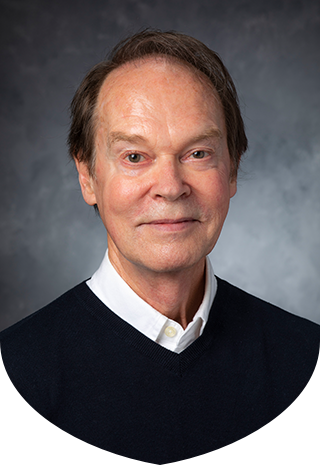
“What’s important is not so much the DNA that’s inherited, but how behavior and environment influence which genes are turned on and how they get turned off. That’s the primary way that the environment gets under your skin.”
– Ron Simons, Regents’ Professor and Distinguished Research Professor of sociology
(Photo by Chad Osborn)
Beach is co-director of UGA’s Center for Family Research, founded and directed by Gene Brody, where scholars from diverse disciplines come together to explore family processes, stress and prevention/intervention efforts, primarily among African American families living in the rural South. Established in 1985, the center receives more than $40 million in external funding from agencies including the National Institute of Mental Health, the National Institute of Child Health and Human Development, the National Institute on Aging and the Centers for Disease Control and Prevention.
“Black adults develop the chronic diseases of aging at earlier ages than do white adults. Up till a few years ago, we thought these diseases developed during middle age,” said Brody, Regents’ Professor in the Owens Institute for Behavioral Research. “In fact, their origins develop much earlier in life. Our team has found that Black young people who grow up in poverty and experience racial discrimination are more likely, by the end of adolescence, to show biological risk factors for a variety of chronic diseases.”
Since 1996, Beach and CFR colleague Ron Simons have been principal investigators on the center’s Family and Community Health Study, a multi-site, longitudinal study of how family processes, neighborhood characteristics and other contextual factors affect African American parents and their children. The study began with over 800 families, each of which included a 5th grader, and data are gathered every two to three years.
“What I started to notice was the way that the parents were getting sick,” said Simons, Regents’ Professor and Distinguished Research Professor of sociology in Franklin College. “The risk, especially for African Americans, of chronic illness is so much higher than what it is for other groups. Circumstances like racial discrimination and economic hardship that were affecting other outcomes seemed to be impacting their health, as well.”
In recent years, FACHS data collection has expanded to include blood draws to assess cardiometabolic processes, gene expression and epigenetic aging—the study of how behaviors and environment can affect how genes are expressed. They don’t change a DNA sequence, but they can change how the body reads that sequence.
“What’s important is not so much the DNA that’s inherited, but how behavior and environment influence which genes are turned on and how they get turned off,” Simons said. “That’s the primary way that the environment gets under your skin.”
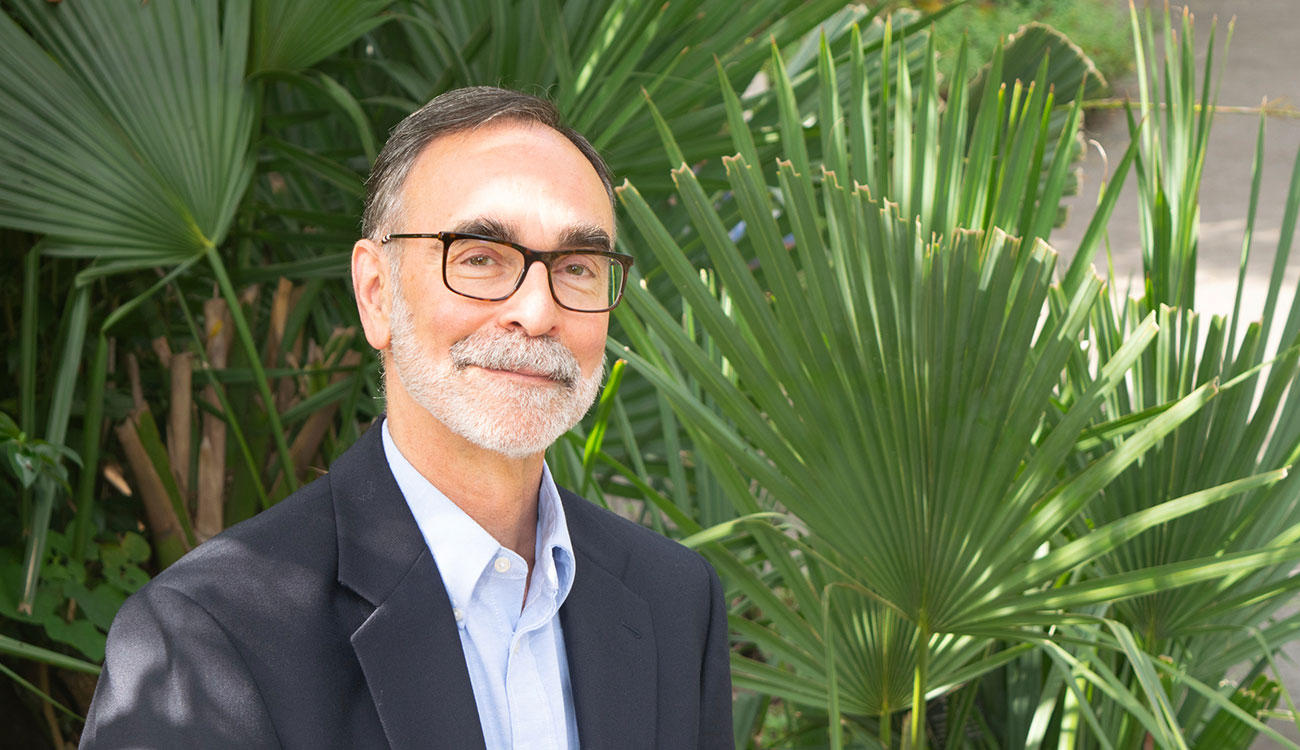
Chronic stress is a beast
Imagine that you’re strolling through the savanna and encounter a lion. Your body’s acute stress response kicks in and releases a flood of hormones, elevating your heart rate, blood pressure and breathing rate, and preparing you to fight or flee. It’s a short-term response, and from an evolutionary standpoint, it helps you survive. But when it happens regularly, it takes a toll.
Developmental scientist Kalsea Koss has frequently explored the stress response system while examining how the interplay between social environments and biology affects mental health during childhood and adolescence. She has focused on the hypothalamus-pituitary-adrenal axis, which during times of stress coordinates the mobilization of the body’s resources, including metabolism, the immune system and cognition. Research has consistently shown that the stress response system is activated not just by threatening experiences, but also by the absence of needed or expected care, she said.
“That’s adaptive in the short run. We want our stress response system to be active in times of stress,” said Koss, assistant professor of human development and family science in the College of Family and Consumer Sciences. “But for long-term health outcomes, repeated activation becomes problematic because these stress hormones can have neurotoxic effects on the brain.”
Katherine Ehrlich’s research focuses on how children’s social experiences shape their mental and physical health across the lifespan. She uses a variety of research methods to evaluate social and emotional functioning, as well as health assessments including measures of the immune system.
“The immune system makes a lot of sense to consider as a factor linking stress to disease because chronic inflammation plays a key role in many chronic diseases of aging, like cardiovascular disease and diabetes and stroke,” said Ehrlich, assistant professor of psychology in Franklin College. “For many of those conditions, there is a buildup of non-resolving inflammation, and that leads to things like atherosclerosis and cells in the pancreas that don’t respond to signals for glucose regulation.”
The immune system has an antiviral component that is active much of the time, and an inflammatory system that is largely turned off but responds to symbolic threat, according to Simons.
“As you get older, when inflammation is turned on, your antiviral system gets turned off to a degree, and stress accelerates this process,” Simons said. “All sorts of things—discrimination, economic hardship, going through a divorce, living in a dangerous neighborhood—jack up your inflammatory level and turn off your antiviral program. After years of this, you start to come down with chronic illnesses.”
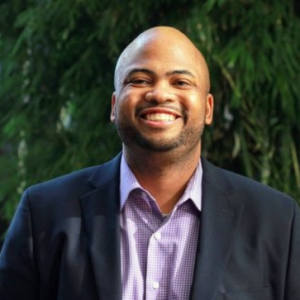
Stressors that occur later in life can also take a toll. Sociologist Ryon Cobb uses data from large, population-based studies of adults, particularly older adults, to examine how chronic and acute experiences of everyday discrimination and other stressors shape physical and mental health.
“What we see primarily is the stress that individuals experience on a day-to-day basis, like chronic discrimination or slights, negatively impacts the health of older adults,” said Cobb, assistant professor of sociology in the Franklin College.
Though stressors may show up later in life, Simons’ research has found that early exposure to adversity kick-starts the inflammatory system.
“Those kinds of things predict inflammation when you’re 60 years old,” he said, “even after you control for all of your adult stressors.”
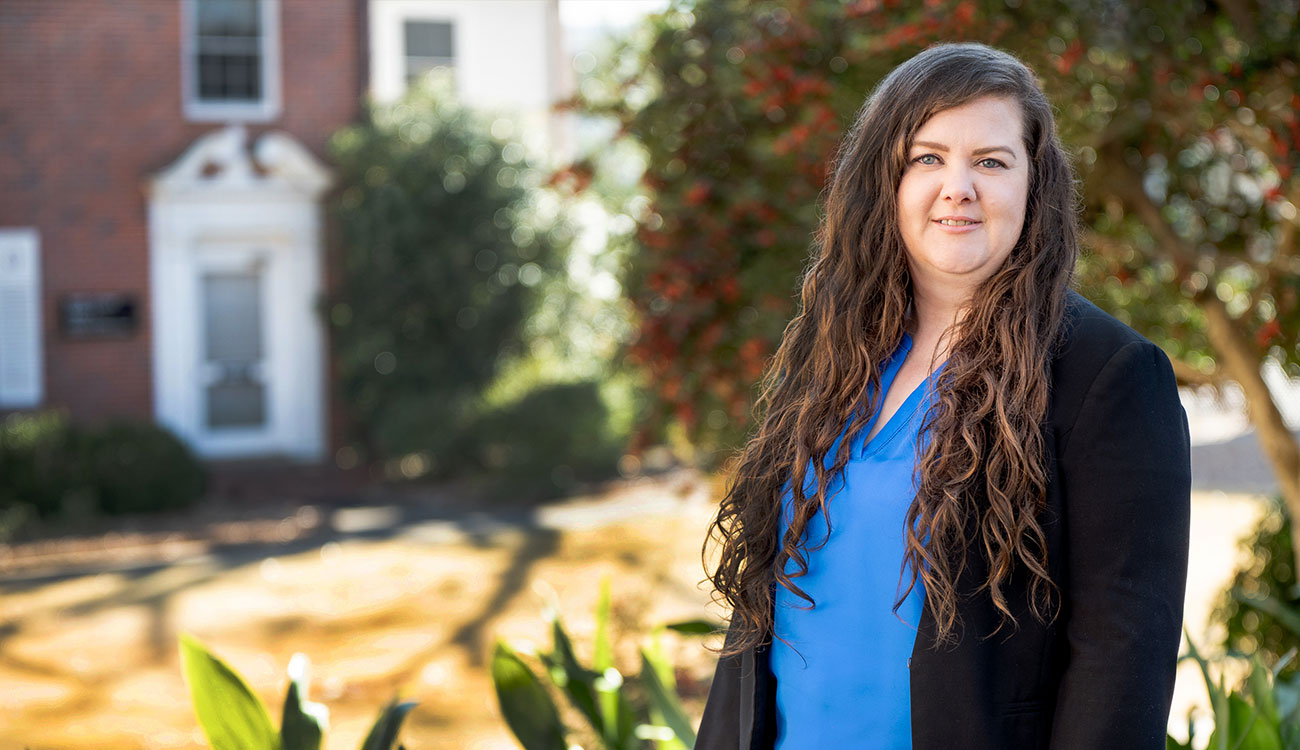
How fast is your body ticking?
Spoiler alert: If you’re sensitive about your age, you might want to stop reading now. Because you could be even older than you think.
Biological aging is a new measure of decline in the various systems of the body, and it has nothing to do with chronological age. It evaluates the degeneration across systems that leads to chronic disease—heart disease or cancer, for example—as we age. Your biological age might be older than your chronological age, or it might be younger.
“Biological aging allows us to see the speed of aging,” said Lei, who collaborates with Simons through CFR and the Center on Biological Embedding of Social Events and Relationships. “With blood pressure or body mass index, we can capture only one disease. Biological aging is a comprehensive measure that captures our whole body system. This speed of aging can be viewed as a common root for multiple diseases causing morbidity and mortality.”
Measures of biological aging—there are several models—are based on a number of factors including DNA methylation, the process by which methyl groups are added to the DNA molecule.
“One of the primary markers of whether or not a gene is turned on or off is whether there’s a methyl group attached to it,” Simons said. “As people grow older and methyl groups accumulate, genes are turned off, or if they’re demethylated, genes are turned on. The basic idea behind these models is that if you compare a person’s methylation score to their chronological age, you can measure their rate of aging.”
The question for social scientists is, do social variables impact your rate of aging?
“The answer is yes. In our data, social variables have a much bigger impact than lifestyle—diet, exercise and so on,” Simons said. “Acute stressors like the death of a spouse or parent are tough, but they don’t have the same kind of lasting impact as chronic stressors like economic hardship, living in a bad neighborhood, or racial discrimination. These chronic stressors speed up your biological clock.”
Biological aging measures are excellent predictors of illness and death, according to Simons. The good news is that, just as lifestyle changes—exercise or a healthy diet—can improve your health, there are social factors that can protect you from the physical effects of chronic stress.
“If you have a great marriage, or you love your job, or you don’t have much stress in your life, then you’re likely to be biologically younger than your chronological age,” he said. “Our recent data shows that people can slow their biological age. They’re now younger than they were the last time that we looked at them, which was several years ago.”
A new study from Brody had similar findings, revealing that prevention programs aimed at enhancing supportive parenting may offset mental health risks and help reduce the negative effects of racial discrimination on young people.
“We know that children respond differently to encounters with racial discrimination, so we wanted to know what’s the contribution of protective caregiving?” Brody said. “The results showed that young people who encountered high levels of racial discrimination and participated in these prevention programs were less likely to develop behavioral problems and symptoms of anxiety and depression.”
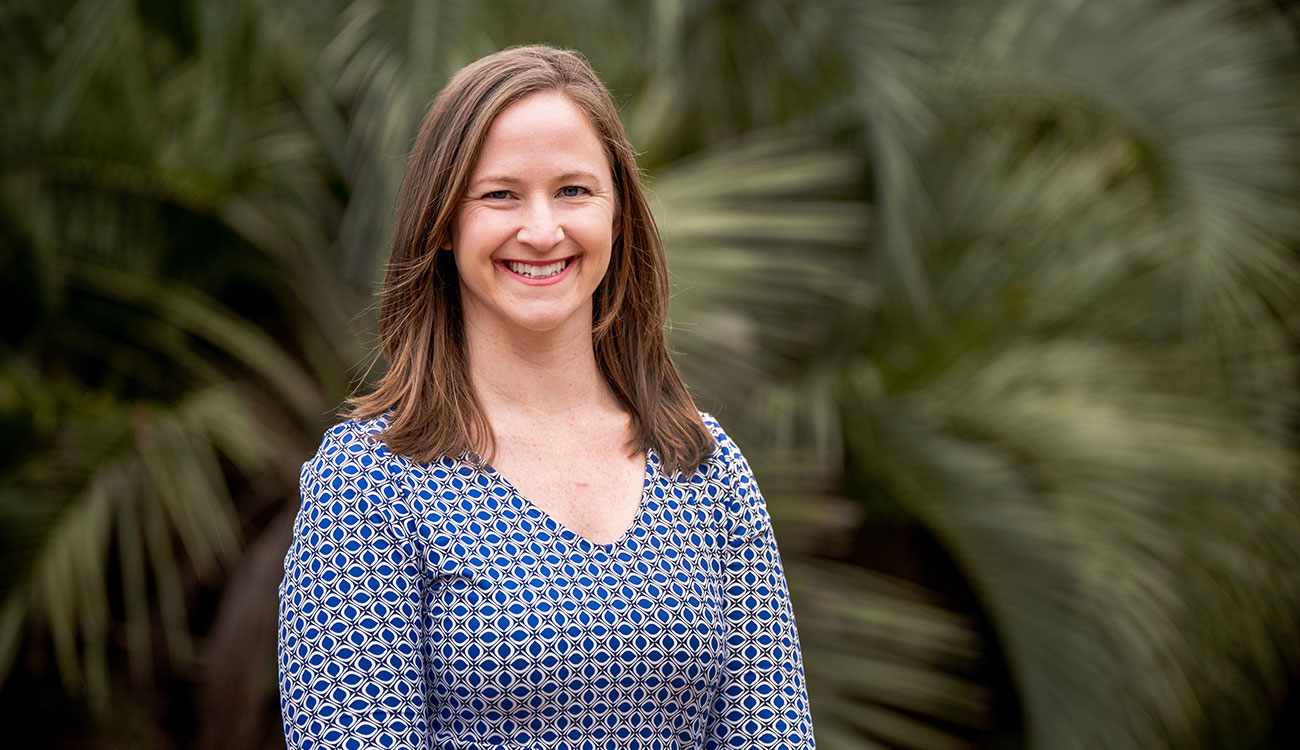
Different disciplines, common ground
This month, Simons and Beach will participate in a joint Charter Lecture given by the four faculty who were named 2020 and 2021 Regents’ Professors.
“I’m scheduled to go first,” Simons said in late February. “At this point, we are both trying to decide what we are going to say so that we don’t preempt the other guy.”
Questions of lecture etiquette aside, the sociologist and the psychologist value the interdisciplinary nature of their work. Beach’s perspective has been enriched tremendously by working with people outside psychology, he said.
“What psychology traditionally brings to the mix is a keen interest in mechanism and simple explanations and measurement,” he said. “When I started working with Gene Brody and Ron Simons, they introduced the idea that everything needs to be situated in context and that creating a broad contextual foundation for the research that we’re doing is critically important. That has been tremendously valuable for me.”
What they have in common, according to Simons, is an interest in the way that people’s everyday lives as social beings are impacting their health.
“We know that the lower social classes in every country in the world are sicker and die younger. We know that ethnic minorities are sicker and die younger in every single country in the world,” he said. “We should be designing social policies that allow people to live healthier lives.”
Beach agreed, noting that social factors are something that can be addressed.
“There are so many things that affect our health that are hard to pin down,” he said. “But we can get our arms around some of these and make a difference. There’s the potential for us to really have an impact on population health by paying attention to the social factors and the family processes that help all of us be more resilient.”



